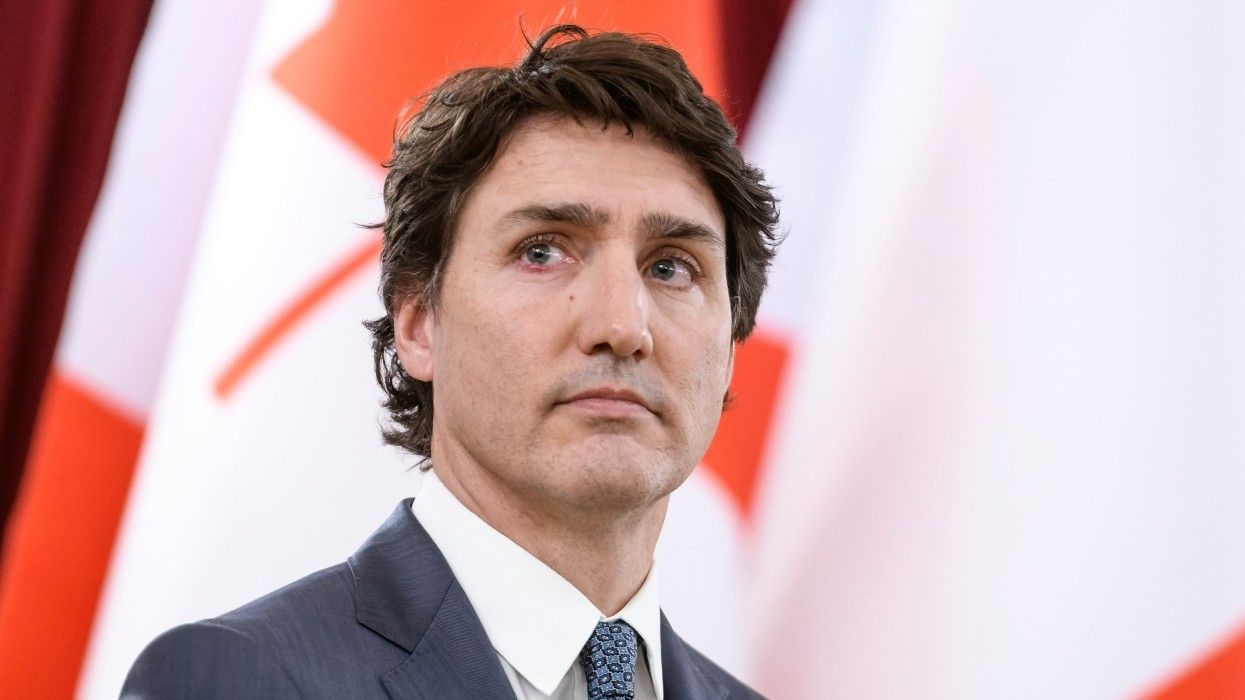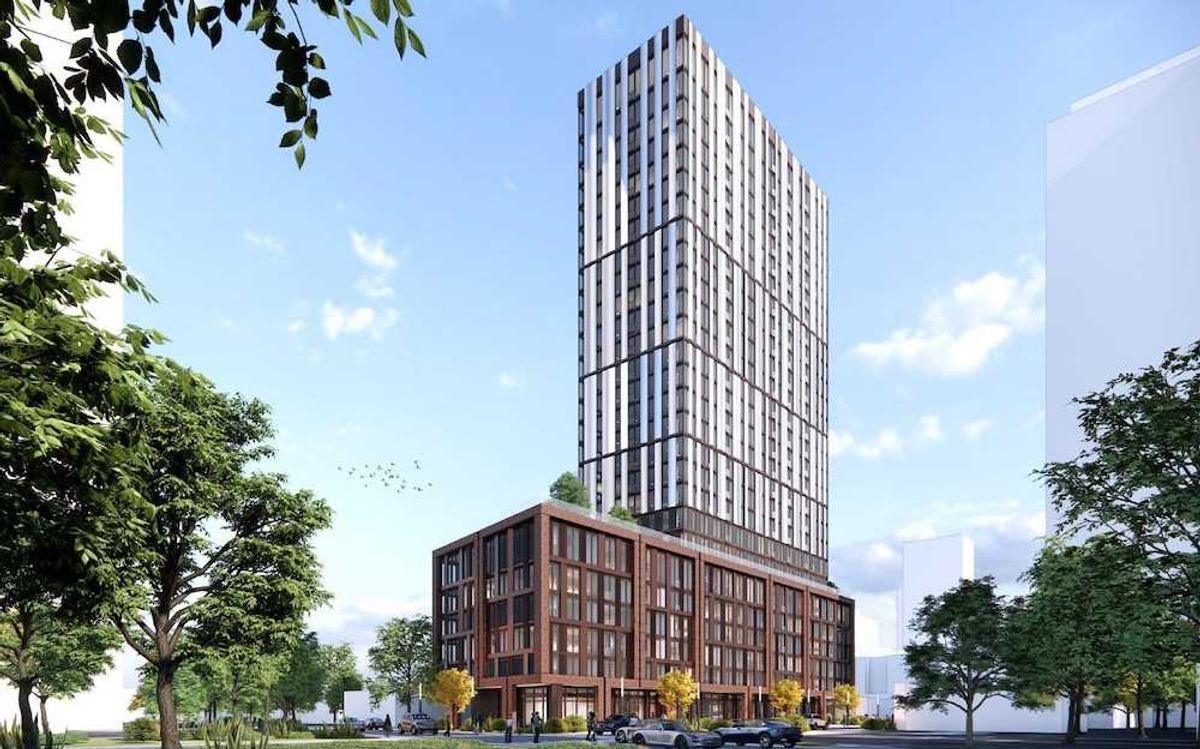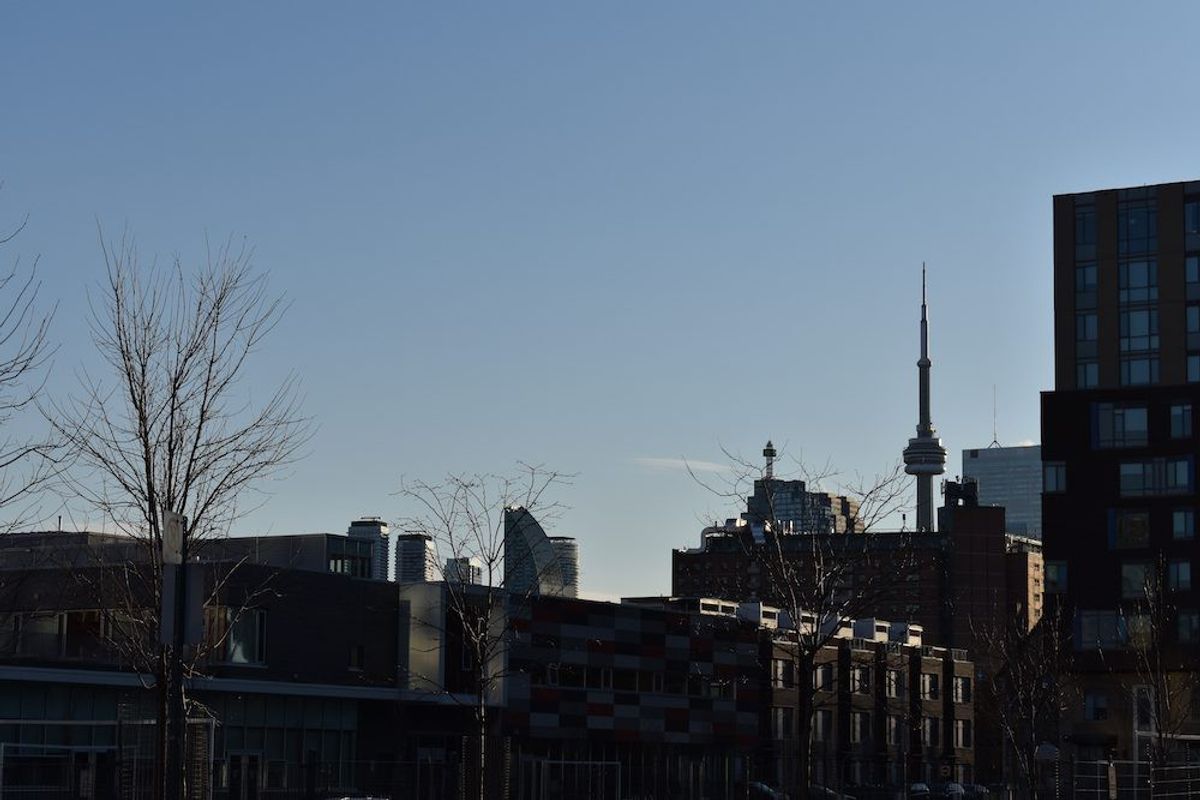On Monday, January 6, in a decision that was both seismic and unsurprising, Justin Trudeau announced that he was resigning as Leader of the Liberal Party of Canada and Prime Minister.
For months, the list of allies who became discontent with Trudeau has continued to grow. The list now includes the NDP, numerous Liberal MPs, and ex-Deputy Prime Minister and Minister of Finance Chrystia Freeland. Those were substantial challengers, but the ones that really did Trudeau in were the pollsters, who had his approval ratings at an all-time low coming into 2025 and the Liberals trailing Pierre Poilievre's Conservatives by double-digits.
Trudeau's resignation echoes that of his father, Pierre, who resigned on February 29, 1984 under similar circumstances — the Liberals heading towards a near-certain defeat by the Conservatives.
Pierre Trudeau was replaced by John Turner, who went on to lose the September 1984 election to Brian Mulroney and the Progressive Conservatives in what remains the most lopsided victory in federal Canadian history (the Conservatives won a record 211 of 282 seats). Following the younger Trudeau's announcement this week, Parliament has been prorogued — suspended — until March 24 and the Liberals will now embark on a race to choose a new leader who they hope can turn the polls around.
Sworn into office on November 4, 2015, Trudeau has been at the helm of the nation for just over nine years. A lot has changed in that time, for good and for bad, but one thing that hasn't is the housing crisis in Canada, which was an important issue then and has only become more so since. Here is a look at what Trudeau and the Liberals promised to do on housing and whether or not they actually accomplished it.
Removing GST On New Rental Construction
Ahead of the 2015 election, the Liberals published their full platform on October 5, titled "A New Plan for a Strong Middle Class." In one of the first mentions of housing, the Liberals promised to "encourage the construction of new rental housing by removing all GST on new capital investments in affordable rental housing."
In 2017, the Liberals changed their minds and dropped the pledge, saying that there were more effective ways to encourage rental construction. Six years later, the Government of Canada then did another reversal and announced that it was finally going to follow through on its initial promise to remove the 5% GST on new rental construction — paid by developers on rental projects, but not strata projects.
Trudeau himself made the announcement on September 14, 2023 and recognized the flip-flop, saying that they believed the Rental Construction Financing Initiative — which was renamed the Apartment Construction Loan Program in November 2023 and still exists — was a better move, but that things had changed.
"It was the right program at the time," Trudeau said. "But now, given interest rates where they are, given the challenges that people have in building new apartment buildings, we realize it's the right time to step up with removing federal GST on purpose-built apartment buildings."
The change — administered as a rebate program — has opened and the Government is now in the process of expanding the rebate program to include student housing projects, with public consultations launching in November 2024.
Developing Underused Federal Properties
Another policy initiative first broached in the 2015 platform is a commitment to "conduct an inventory of all available federal lands and buildings that could be repurposed, and make some of these lands available at low cost for affordable housing in communities where there is a pressing need."
Oddly, there are now two federal programs with descriptions similar to this. In 2019, the Government of Canada launched the Federal Lands Initiative, which is "designed to support the transfer or leasing of surplus federal lands and buildings to eligible applicants" for "development or renovation into affordable housing."
In Budget 2024, however, they then announced the Canada Public Land Bank, which launched in August 2024 with 56 properties located across the country that are owned by the federal government and will become available — via a lease rather than a sale — for housing development. The government has since continued to add properties to the pool.
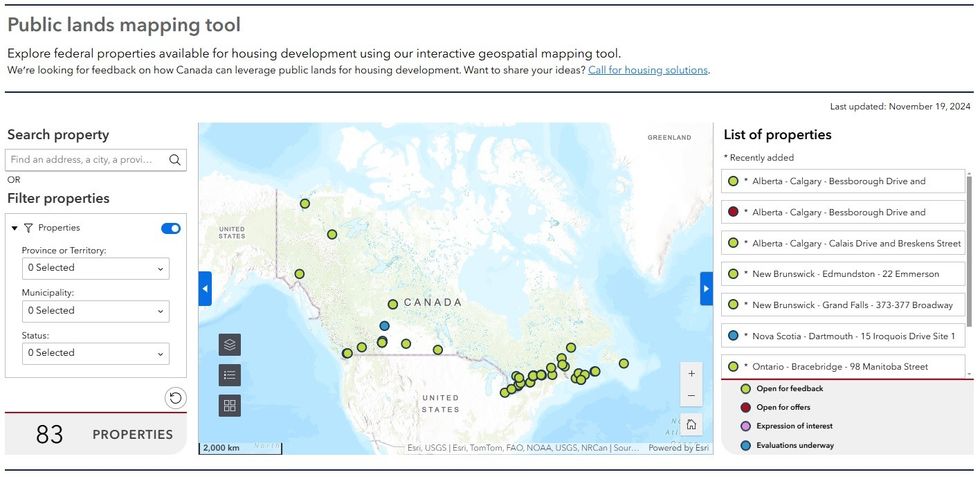
It's unclear exactly how the Canada Public Land Bank differs from the Federal Lands Initiative, as properties listed under the latter are also listed under the former, and the federal government still identifies them separately, committing $112.6 million in Budget 2024 towards the Federal Lands Initiative.
Nonetheless, the concept behind the program(s) is sound and has drawn little criticism. Unfortunately for Trudeau and the Liberals, the Federal Lands Initiative had created only 4,000 new housing units as of September 2023 and the Canada Public Land Bank is still too early in its infancy for the Liberals to point to it as a success.
Housing Development Initiatives
One of the flagships of the Liberals' various housing actions has been the National Housing Strategy introduced in November 2017, which was billed as the most comprehensive housing strategy in Canada's history.
The strategy launched with $115 billion and included the National Housing Co-Investment Fund (NHCF), a $13 billion program that provides funding or low-interest loans for housing projects. In the 2023 Fall Economic Statement, the program was renamed the Affordable Housing Fund and the federal government said that it had committed $7.49 billion towards the creation of 31,589 new housing units.
In their 2021 platform, the Liberals also said they would encourage the conversion of office buildings into housing via an additional $300 million commitment and that they would also "work with municipalities to create a fast-track system for permits to allow faster conversion of existing buildings, helping maintain the vibrancy of urban communities."
No new program was created, but the Rapid Housing Initiative (RHI) funded via the National Housing Strategy included funding for conversions.
As part of their 2021 platform, the Liberals also said they would support Indigenous housing by co-developing an "Urban, Rural, and Northern Indigenous Housing Strategy," and begun the process of establishing a National Indigenous Housing Centre in January 2024.
Foreign Buyers and Speculation
By the time of the 2021 election, foreign buyers and speculators had become the ire of many and the Liberals took notice. In their 2021 platform, the Liberals said that they would "crack down on foreign ownership" and "ban foreign money from purchasing a nonrecreational, residential property in Canada for the next two years.
The so-called foreign buyer ban — technically called the Prohibition on the Purchase of Residential Property by Non-Canadians Act — was then introduced in Budget 2022 and came into effect on January 1, 2023. However, less than three months in, the federal government made four amendments to the ban after the real estate industry identified multiple unintended consequences of the legislation and pushed for the changes.
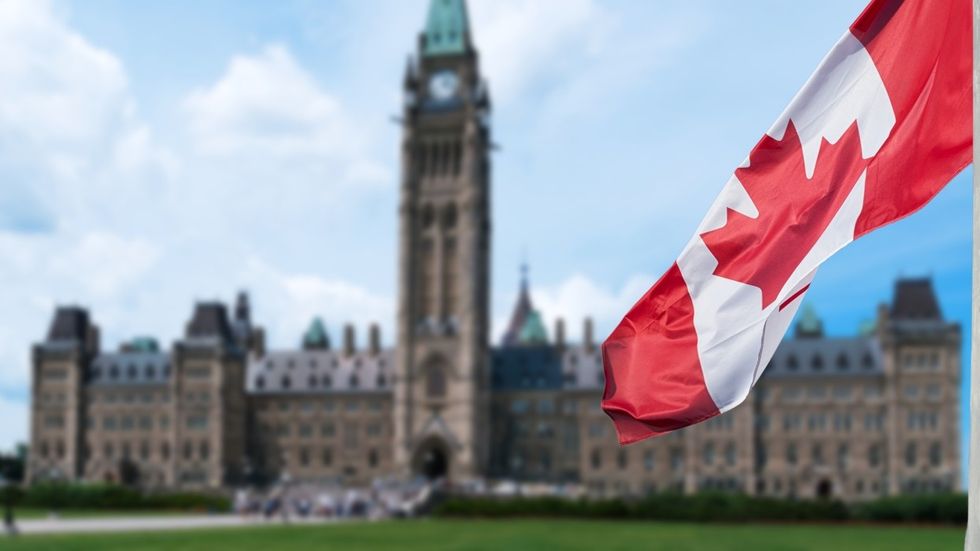
The ban had a built-in sunset clause, but was extended last year for two more years, despite there being little evidence that foreign buyers were still having a negative impact on real estate like they were in the late-2010s.
In their 2021 platform, the Liberals also said that they wanted to "establish an anti-flipping tax on residential properties, requiring properties to be held for at least 12 months" in order to "curb speculation and house flipping."
The new "Residential Property Flipping Rule" was also introduced in Budget 2022 and came into effect in 2023, but again it has become an action against a relatively minor problem, as Bank of Canada statistics from last year found that flips represented less than 3% of transactions — not accounting for life circumstances that result in property sales.
Help For Homebuyers
The Liberals also made several commitments in their 2021 election platform to assist homebuyers, some of which came to fruition and some of which did not.
Trudeau and the Liberals promised to "create a national Home Buyers' Bill of Rights so that the process of buying a home is fair, open, and transparent," including a ban on blind bidding, establishing a publicly-accessible beneficial ownership registry, and barring dual agency. To date, however, this has only progressed to the point of the Government of Canada publishing a "blueprint" that will guide the Home Buyers' Bill of Rights (along with a blueprint for a new Renters' Bill of Rights).
Their 2021 election platform also committed to establishing "a new rent-to-own program to help make it easier for renters to get on the path towards home ownership while renting." The Liberals said they would "create a stream for current renters and landlords, particularly those in condo settings, to immediately enter into a rent-to-own agreement" and "commit $1 billion in loans and grants to develop and scale up rent-to-own projects with private, not-for-profit, and co-op partners." To date, there is no such program.
They also committed to introducing a tax-free First Home Savings Account (FHSA) that combines the features of RRSPs and TSFAs, allowing Canadians to "set aside 100% of every dollar they earn up to $40,000 and shorten the time it takes to afford a down payment." The FHSA was subsequently introduced in Budget 2022 and remains available today.
The Housing Accelerator Fund
Another big housing policy initiative that has gotten a lot of attention, particularly in the past year, is the Housing Accelerator Fund (HAF). The Fund was first teased by the Liberals ahead of the 2021 election with the stated goal to "grow the annual housing supply in the country’s largest cities every year, creating a target of 100,000 new middle class homes by 2024-25."
The Liberals said the program would reward municipalities that "grow housing supply faster than their historical average; increase densification; speed-up approval times; tackle NIMBYism and establish inclusionary zoning bylaws; and encourage public transit-oriented development."
The Fund was then formally introduced in Budget 2022 with $4 billion allocated for the program, before officially launching in March 2023, with the first agreements then announced a few months later in September. Since then, over 100 municipalities have reached agreements for funding through the program, an additional $400 million was allocated for the Fund in Budget 2024, and the federal government has opened applications for the second round.
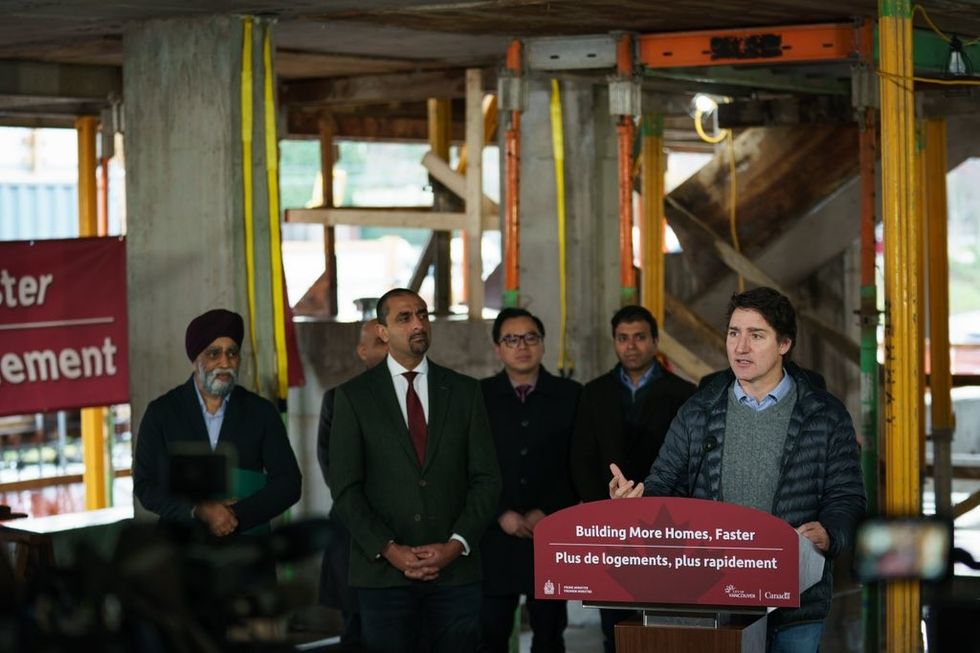
The Fund has not gone without criticism. When the HAF was conceived, one of the oft-discussed housing issues was missing middle housing and multiplex zoning, so the Fund's requirements were largely (but not entirely) built on that issue. This year, however, the dominant issue became the development charges collected by governments, both in Ontario and British Columbia, and there was nothing in the HAF agreements local governments reached with the feds that prevented them from raising those charges — something that hinders development and is counter to the intent of the Housing Accelerator Fund.
Conservative Leader Pierre Poilievre has consistently criticized the program and said in October that he would get rid of the program if he is elected. With Trudeau resigning and the Liberals in a precarious position, Poilievre may very well get the chance to do that and more.
- What Will Happen To Liberal Housing Policies After Trudeau’s Resignation? ›
- Canada Housing Infrastructure Fund Launches With Requirement For DC Rate Freezes ›
- Feds Push For Transit-Oriented Development With $30B Canada Public Transit Fund ›
- Having More Big Cities Could Fix Canada's Housing Crisis ›
- How Carney and Freelend Plan To Tackle The Housing Crisis ›
- How Much The Liberal, Conservative, And NDP Housing Platforms Cost ›
- A Timeline Of The Liberals' Attempts To Fix Canada's Housing Crisis ›
